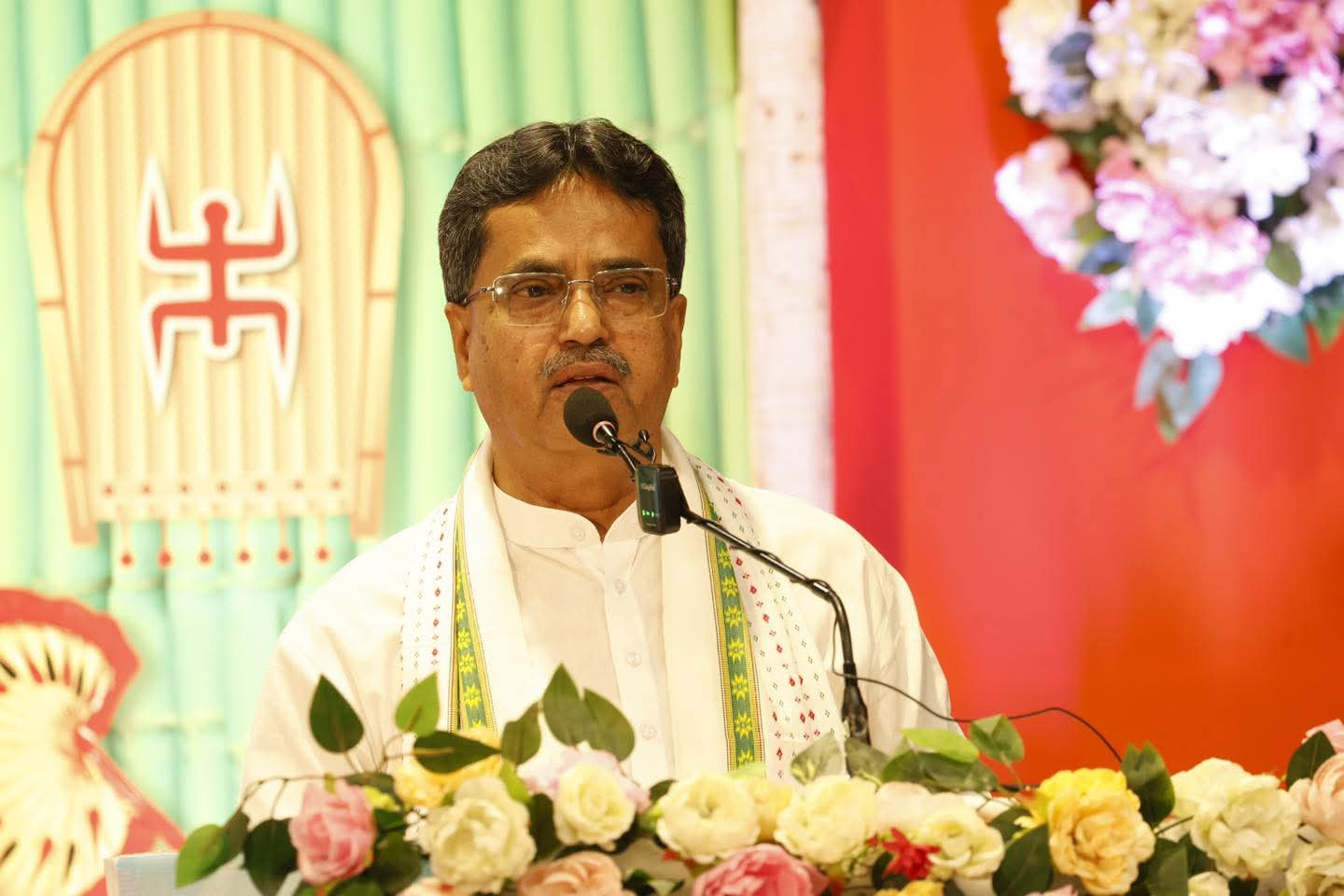Agartala, Tripura – In a scathing condemnation, the Communist Party of India (Marxist) has fiercely criticized the BJP-led state government’s recent decision to escalate electricity and water tariffs, labeling the move as an “anti-people” policy designed to burden the common populace with increasing financial strain. Speaking at a press conference in Agartala, CPI(M) Politburo member and Leader of Opposition, Jitendra Chowdhury, announced that the party is gearing up to launch a comprehensive mass movement against these contentious hikes. This Tripura tariff hike is quickly becoming a flashpoint for political and public discontent across the state.
The Burden of the Tripura Tariff Hike: A Growing Concern
Chowdhury did not mince words when addressing the media on Tuesday, asserting that the state government is systematically “cutting deep into the pockets of common people by imposing one tax after another.” He highlighted the successive nature of the increases, first with electricity and now with water, emphasizing that such measures are “unacceptable” to the citizens of Tripura. The cumulative impact of this Tripura tariff hike is a primary concern for households already grappling with economic pressures.
Erosion of Power Sector Glory Amidst Tripura Tariff Hike
A significant portion of Chowdhury’s criticism was directed at the government’s perceived mismanagement of the power sector, a domain where Tripura once held considerable pride. He lamented the stark decline from an era when Tripura was a beacon of electricity distribution, supplying power not only to the Northeast region but also to other states. “That glory has been erased under the BJP regime,” Chowdhury declared, painting a grim picture of a sector in decline. The current Tripura tariff hike thus appears even more egregious in light of this perceived decline in service and historical standing.
Publicity Versus Reality: The State of Affairs
Chowdhury also took a pointed swipe at what he described as the state’s “publicity-driven governance model.” According to the CPI(M) leader, the government has invested “crores on flex banners and advertisements trying to paint Tripura as a ‘model state’,” while the ground reality for ordinary citizens continues to deteriorate. He highlighted the glaring disconnect between the government’s projected image and the daily struggles faced by the populace, particularly regarding basic services. The narrative of progress, he suggested, is undermined by the harsh reality of an impending Tripura tariff hike and unreliable services.
Unreliable Services Amidst the Tripura Tariff Hike
The CPI(M) leader’s allegations extended to the quality of electricity supply itself, which he claimed has become “severely unreliable” under the present administration. Chowdhury cited instances where “even a little rain leaves people without power for a week,” underscoring a perceived paradox where tariffs are rising while service quality plummets. This situation, he argued, is fundamentally unjust, as citizens are being asked to pay more for less reliable essential services. The persistent issues with power supply make the justification for the Tripura tariff hike even more challenging for the government.
Politicking Over Performance: A Minister Under Scrutiny
Chowdhury also took a direct dig at Power Minister Ratan Lal Nath, criticizing his choice to address the issue from the BJP party office rather than an official departmental platform. “That itself shows the intention — politicising government failures,” Chowdhury asserted. He accused the minister of using the party platform to “cover up the worsening state of electricity supply and promote the smart meter project,” which the CPI(M) views with deep suspicion. The perceived politicization of a critical service issue only adds fuel to the fire surrounding the Tripura tariff hike.
The Smart Meter Initiative: A Step Towards Privatization?
A significant concern raised by the CPI(M) is the smart meter initiative, which Chowdhury alleged is a precursor to handing over the power sector to private entities. He warned that such a move would inevitably “further hurt public interests,” suggesting that privatization would prioritize profit over public welfare, potentially leading to even higher costs and reduced accountability. The smart meter project, therefore, is not merely a technological upgrade but a strategic shift with profound implications for the citizens and the future of the Tripura tariff hike.
A Call for Mass Movement Against Tripura Tariff Hike
In response to these developments, Chowdhury issued a fervent call to the public to “come forward and protest against this continuous attack on their livelihoods.” The CPI(M) has made clear its intentions to intensify its agitation in the coming days, collaborating with other like-minded organizations to build a formidable front against the government’s policies. The party’s resolve to organize a robust mass movement underscores the gravity of the situation and the depth of public discontent ignited by the Tripura tariff hike. This unified opposition aims to compel the government to reconsider its decisions and prioritize the well-being of its citizens. The ongoing protests and public outcry are expected to escalate, making the Tripura tariff hike a central theme in the state’s political discourse.
Discover more from RastriyaSamachar24x7
Subscribe to get the latest posts sent to your email.




